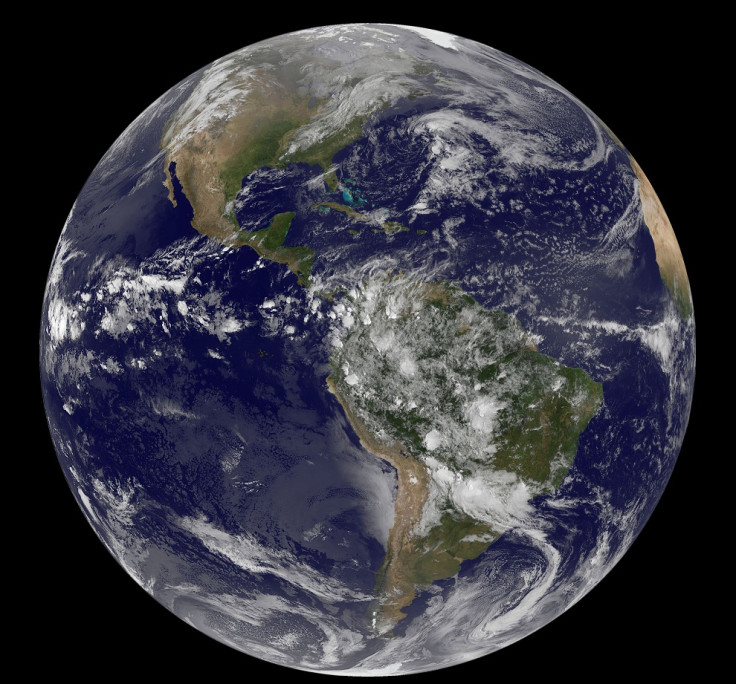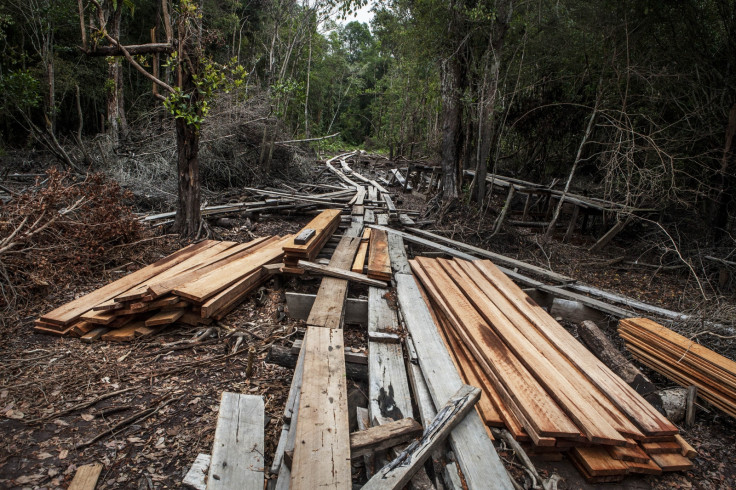Earth Overshoot Day 2014: What is it and What Does it Mean for Our Planet's Overdraft?

In just eight months, the world has consumed more natural resources than the Earth can produce in one year.
Today marks Earth Overshoot Day, the day the world goes into its overdraft – after which we will be living on resources borrowed from future generations.
What does it mean?
Also known as Ecological Debt Day, it is calculated by dividing the world's biocapacity – the amount of natural resources generated by the planet that year – by the world's ecological footprint, humanity's natural consumption of Earth's resources for 12 months. It is then multiplied by 365, the number of days in a year.
Through an economic perspective, Earth Overshoot Day represents the day in which humanity enters deficit spending – termed "overshoot". For the rest of the year, we will maintain our ecological deficit by drawing down local resource stocks and accumulating carbon dioxide in the atmosphere.
It is essentially a rough estimate of measuring the gap between human demand for ecological resources, services and how much our planet can provide. It was created by the think-tank Global Footprint Network.
Andrew Simms, of the UK think tank New Economics Foundation, originally developed the concept of the day.

The goal of the Earth Overshoot campaign is to bring the idea of limited global resources into people's minds, and what will happen when an infinite-growth economy combines with a planet with finite resources.
According to the website Responding to Climate Change, the countries contributing the most to the deficit are the United Arab Emirates and Japan. The states that currently remain in "ecological credit" include Brazil, Indonesia and Sweden.
What are the effects of ecological debt?
The costs of ecological overspending are evident, such as shrinking forests, higher commodity prices and civil unrest, as well as the collapse of fisheries. Climate change, as a result of greenhouse gases being emitted faster than they are absorbed, is one of the most obvious results.
Another is species extinction, highlighted by reports of a "sixth great extinction" in July – as reported by TIME.
Every year, the day has moved ahead by an average of three days – a sign of the increasing pressure on Earth's resources as the global population grows. By 2050, the total population is expected to reach nine billion.
Earth Overshoot Day raises the so-called "9 Billion Question", which highlights the difficulties of feeding such a large population. According to some estimates, humanity will need 'three Earths' before the mid-century.
Speaking to Blue and Green Tomorrow, director general of WWF International, Marco Lambertini, said: "Nature is the foundation of our well-being and our prosperity, but we are using up far too much of the Earth's finite resources."
"For a healthy and bright future for our children, we must preserve the natural capital that is left – and be better stewards of this one precious planet we call home."
© Copyright IBTimes 2025. All rights reserved.






















